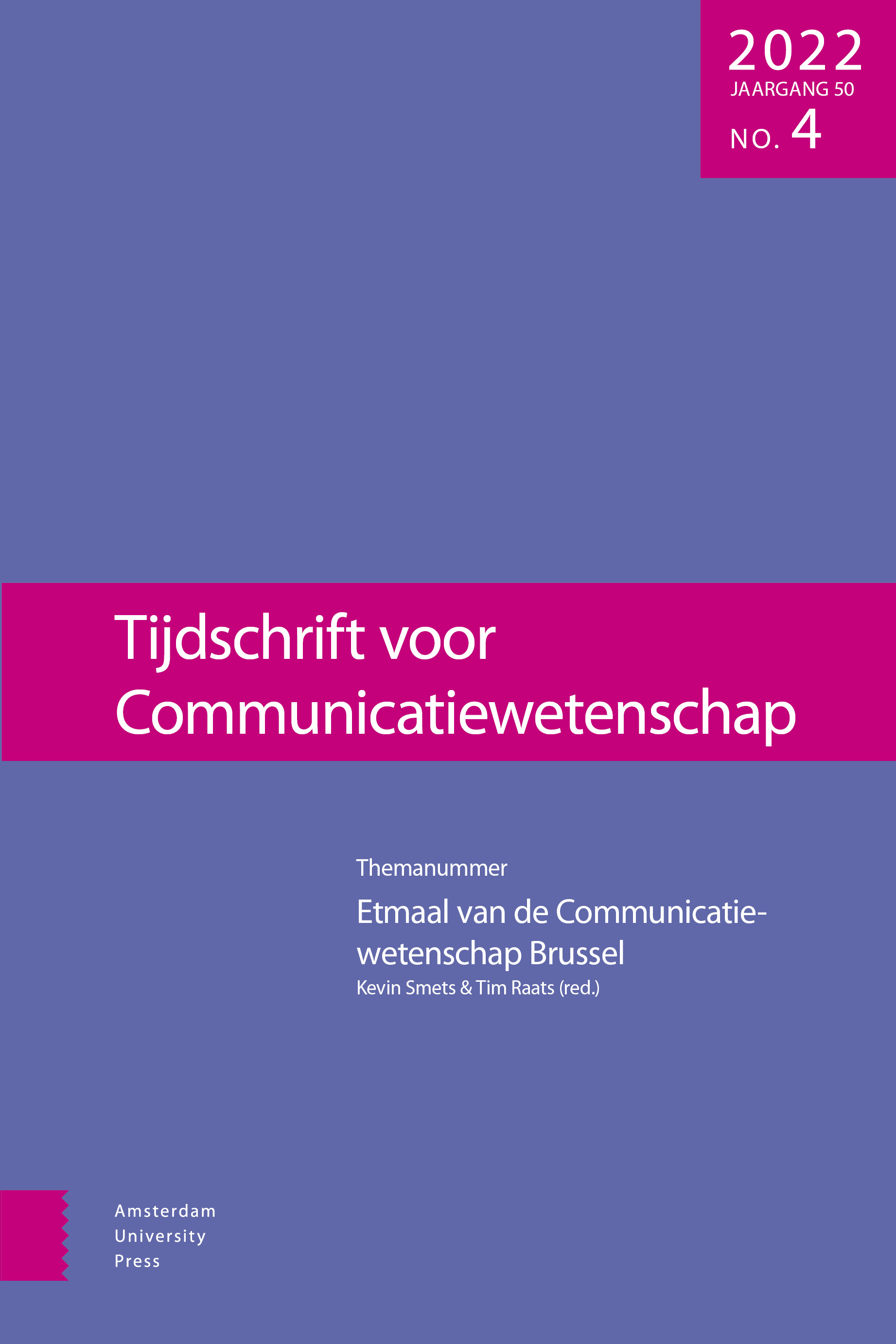-
oa Publiek onderwijs, platformisering en coöperatieve verantwoordelijkheid: het Privacyconvenant in Nederland
- Amsterdam University Press
- Source: Tijdschrift voor Communicatiewetenschap, Volume 50, Issue 4, Dec 2022, p. 301 - 331
-
- 01 Dec 2022
Abstract
Digitale platformen spelen een steeds belangrijkere rol in de realisatie van publieke waarden zoals privacy, ook binnen het publiek onderwijs. Dit komt bijvoorbeeld tot uiting tijdens het maken van afspraken tussen scholen en platformen over de bescherming van persoonsgegevens. Vanwege een toenemend machtsonevenwicht hebben scholen moeite om de platformen instructies op te leggen en garanties te laten geven voor de veiligheid van de gegevens, hetgeen hun governance beïnvloedt. Klassieke governance van platformen richt zich doorgaans op de verantwoordelijkheid van één actor. In tegenstelling tot deze visie, stelt coöperatieve verantwoordelijkheid dat platform governance het resultaat moet zijn van een dynamische interactie en verdeling van verantwoordelijkheden tussen platformen en gebruikers, ondersteund door een juridisch en beleidskader gecreëerd door overheidsinstellingen. De auteurs onderzoeken coöperatieve verantwoordelijkheid in een casestudy naar de totstandkoming en het gebruik van het Privacyconvenant in het publiek onderwijs in Nederland. Uit de bevindingen blijkt dat de ontwikkeling van het Privacyconvenant een drijvende kracht is geweest voor het versterken van de bescherming van persoonsgegevens. De publieke onderwijssector werkt uitgebreid samen met zowel overheidsinstellingen als platformbedrijven om de bescherming van persoonsgegevens te verbeteren. Ook nemen stakeholders meer verantwoordelijkheid en blijven ze permanent samenwerken. In deze samenwerking moeten scholen wel rekening houden met een diversiteit aan platformen, hetgeen invloed heeft op de verdeling van verantwoordelijkheden tussen scholen en platformen.


